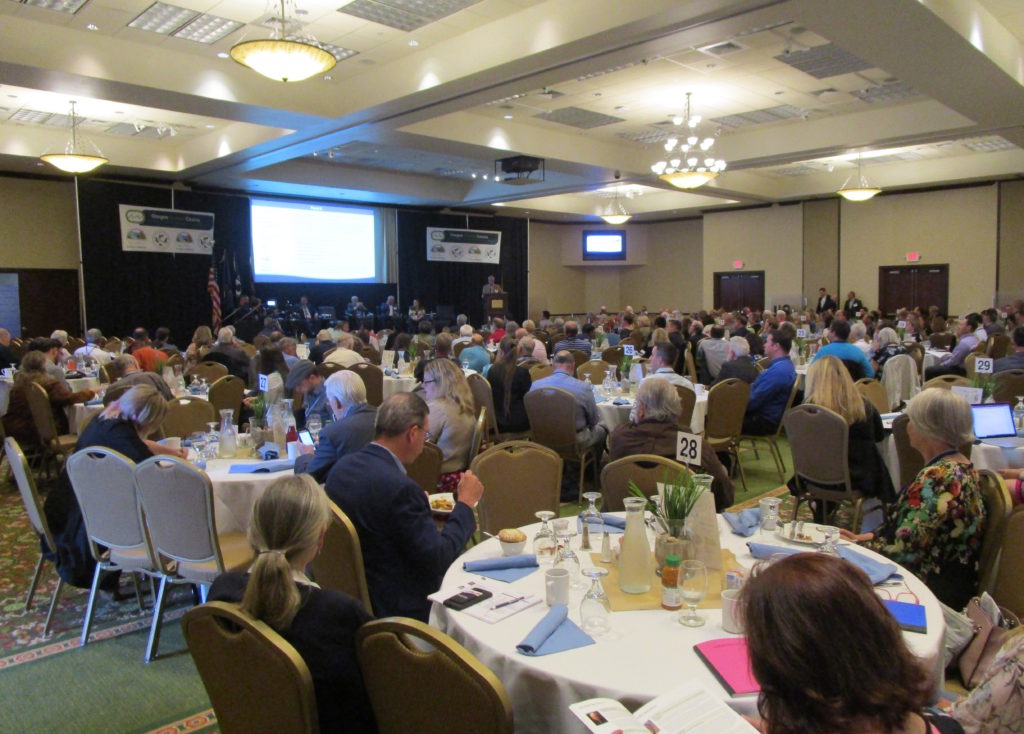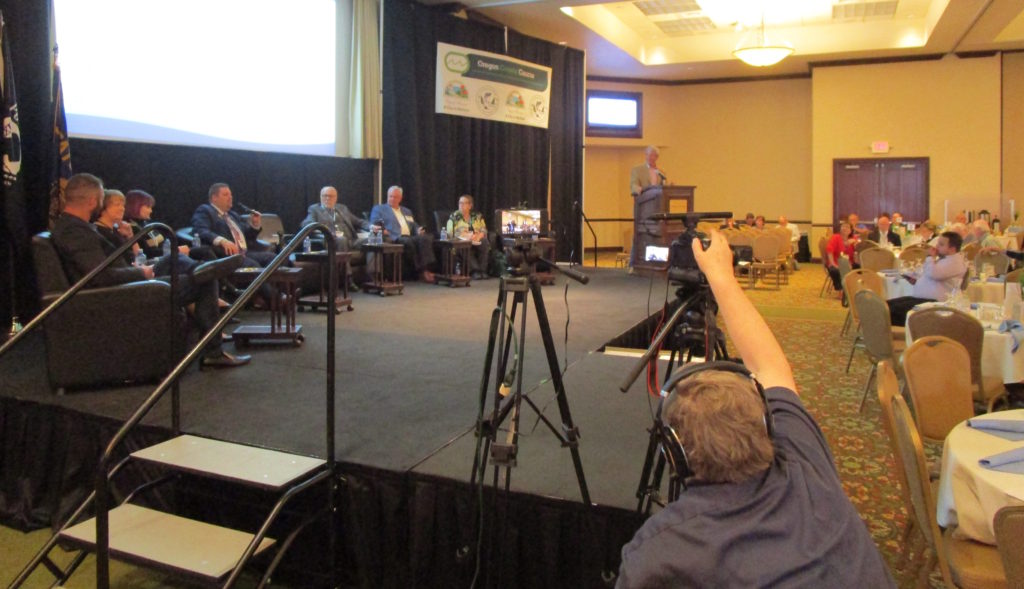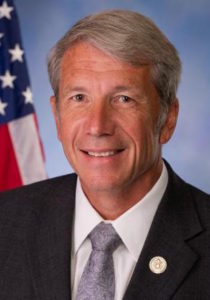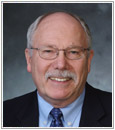
By QUINTON SMITH/YachatsNews.com
FLORENCE — When 600 people from across the state filed into a casino convention center here Wednesday, they were greeted with a colorful 64-page program, a steaming breakfast buffet and Congressman Kurt Schrader milling about shaking hands.
Over a complimentary lunch they heard from Rep. Peter DeFazio, D-Ore. On Thursday, Sen. Ron Wyden, D-Ore. showed up to talk.
In between, they listened to panel discussions with university presidents, the Oregon attorney general, chief justice of the state Supreme Court and local or state experts on everything from water resources to housing.
That’s the clout that eight legislators representing parts of the Oregon coast have finally developed after banding together 34 years ago to form a unique regional lawmaker group called the “Coastal Caucus.”
It was on display Wednesday and Thursday at the Three Rivers Casino during the group’s eighth annual economic summit. Testament to its reach, the 42 sponsors underwriting the event ranged from Jordan Cove LNG to the Nature Conservancy. The event also served to bring together members of local city councils, county commissions, representatives of state agencies, nonprofits and interest groups ranging from winemakers to utility companies.
“It’s quite the event,” Yachats City Councilor Jim Tooke said Wednesday night near the end of a council meeting. “It’s a place to network … to meet movers and shakers.” Tooke was there along with Councilor Max Glenn and Mayor John Moore. Glenn said he was impressed with the caucus’s consensus approach to common coastal issues.
“We can be proud to have that kind of leadership on the coast,” he said.
The result of the eight legislators working together on common issues, Rep. David Gomberg, D-Lincoln City, said in an opening panel discussion, is “disproportionate influence for the benefit of coastal communities.”
“When people talk about the urban-rural divide, they talk about Portland, the Willamette Valley and eastern Oregon,” Gomberg said. “We want to make sure the coast is part of that discussion.”

Only two of its eight members – Sen. Dallas Heard of Roseburg and Rep. David Brock Smith of Port Orford – are Republicans. But it has been the occasional willingness of Sens. Betsy Johnson, D-Scappoose and Arnie Roblan, D-Coos Bay, to break with the narrower Democrat majority in the Oregon Senate that has helped increase the group’s influence.
“We are not red districts or blue districts,” said Rep. Caddy McKeown, D-Coos Bay, whose district includes Yachats. “We have purple districts. Our politics are evening split. In the end, half my folks are going to be upset and the other half happy.”

In his opening remarks, Schrader said some people, some politicians and some media are “trying to divide” people, often along urban and rural interests.
“The whole reason the Coastal Caucus got together is to fight through the urban-rural divide that unfortunately still exists in our state,” he said.
Schrader said he turns to the Coastal Caucus when he needs to “get the pulse of the community,” especially when dealing with federal agencies overseeing forest, ocean and transportation issues.
“That’s why this group of bipartisan legislators can make a big difference,” he said.
But getting a consensus from the group is not easy.
During legislative sessions, the eight gather each Thursday morning at 7 o’clock. During the next hour they bring up common coastal issues and see if there is agreement – it must be unanimous – to attack it together.

“When we can get that moment when we can all agree … it can make a difference,” said Roblan.
But if it is not unanimous, Johnson said, “we step away from the disagreement.”
Heard, who was appointed to the Senate last year, said the Coastal Caucus renewed his enthusiasm for serving after three “dysfunctional” years in the Oregon House.
“It’s a very unique group,” he said. “We see each other as Oregonians. We do try hard to figure it out. When you work on consensus you have to convince all the others that your position is right.”
The group tries to “hash things out as a family,” said McKeown. “At the end of the day, it all comes back to working for the Oregon coast.”



